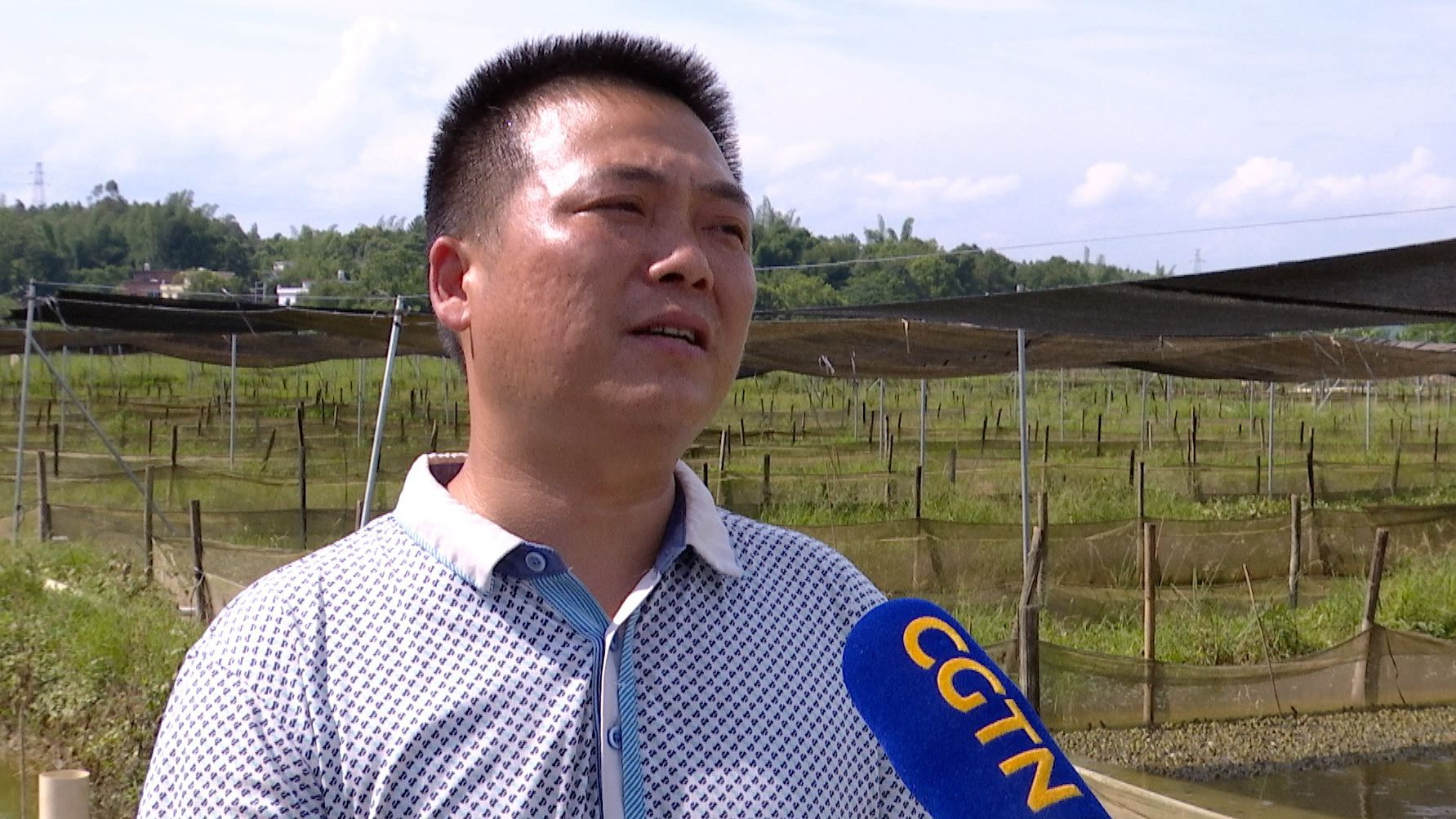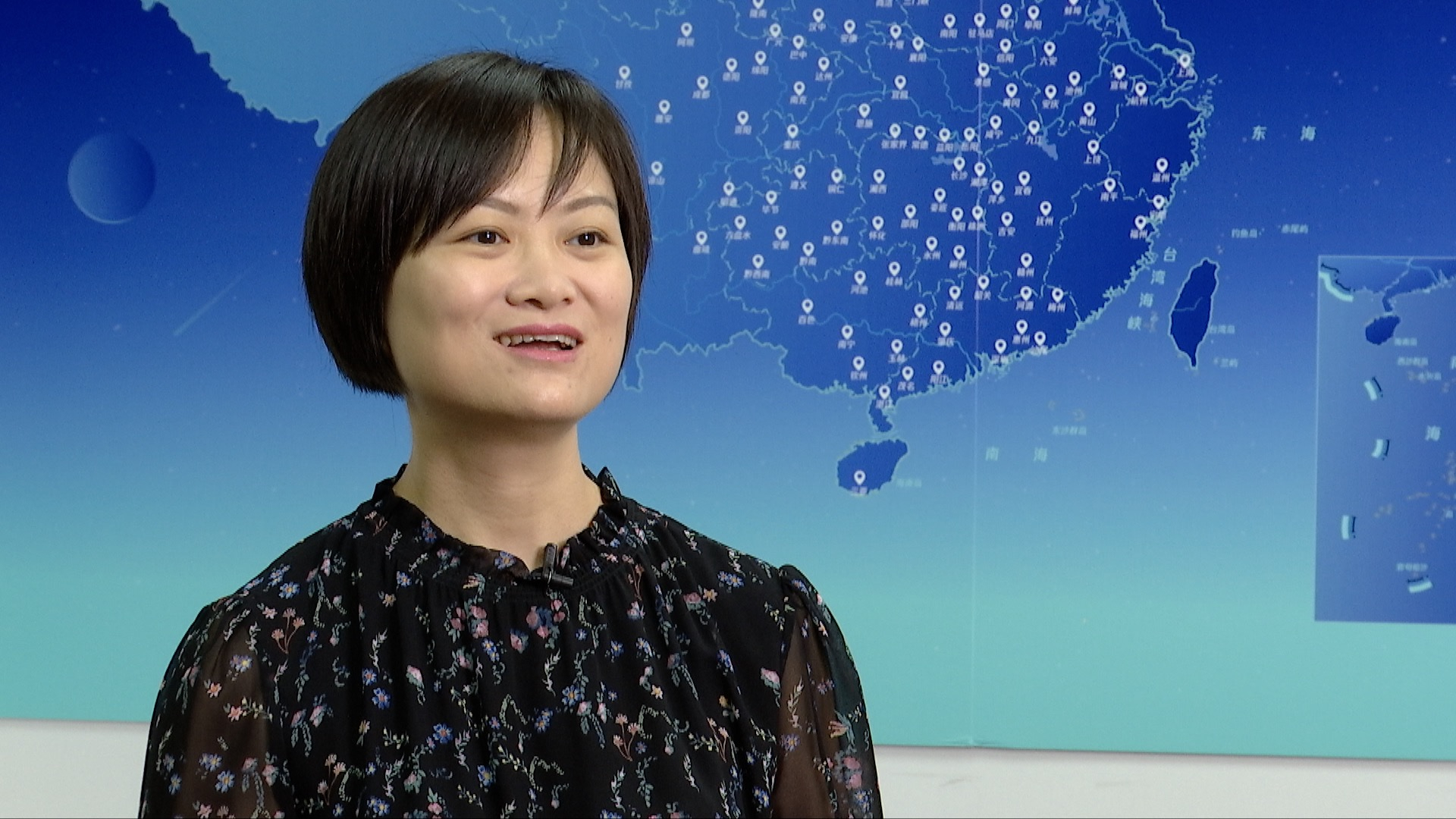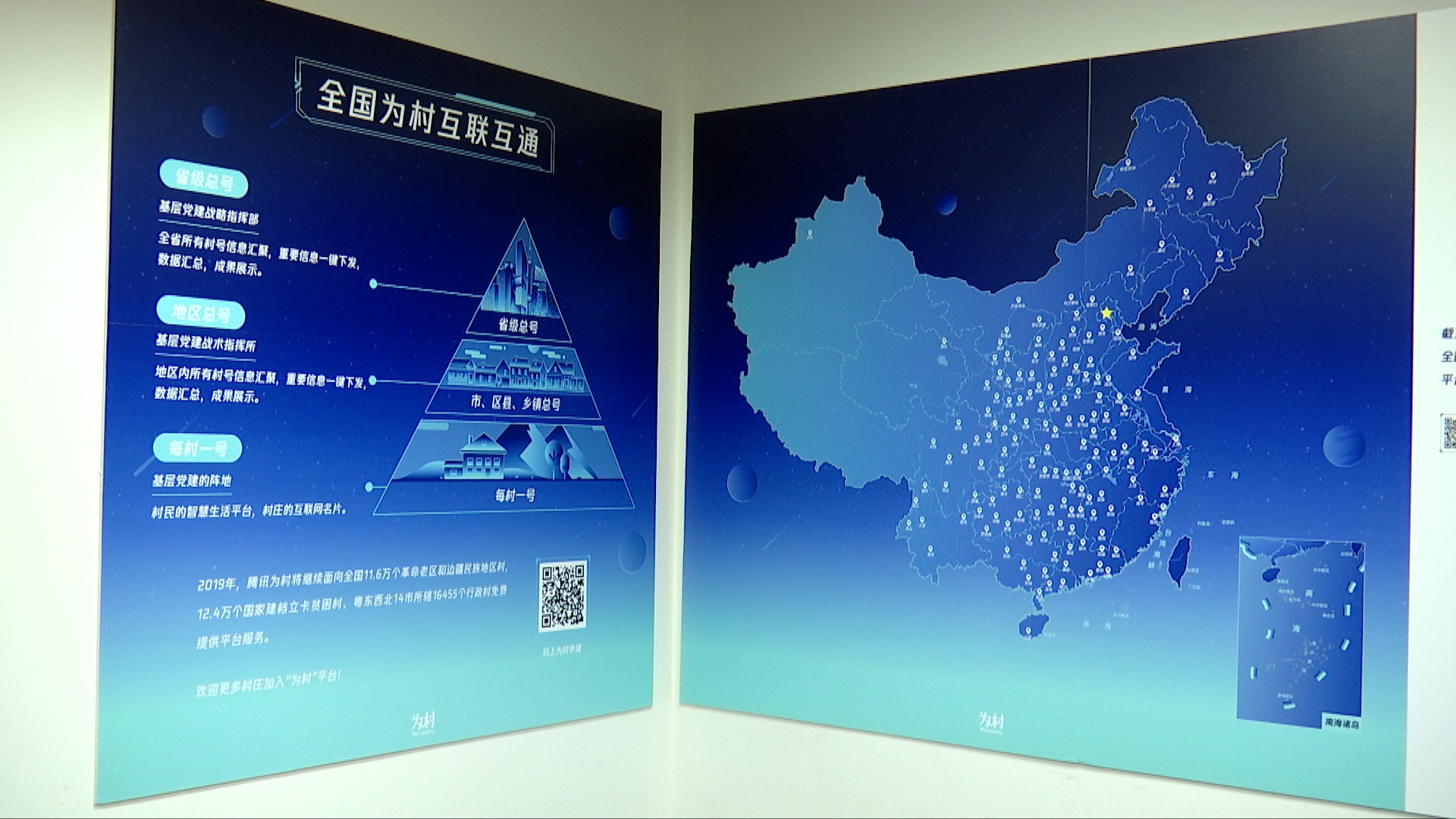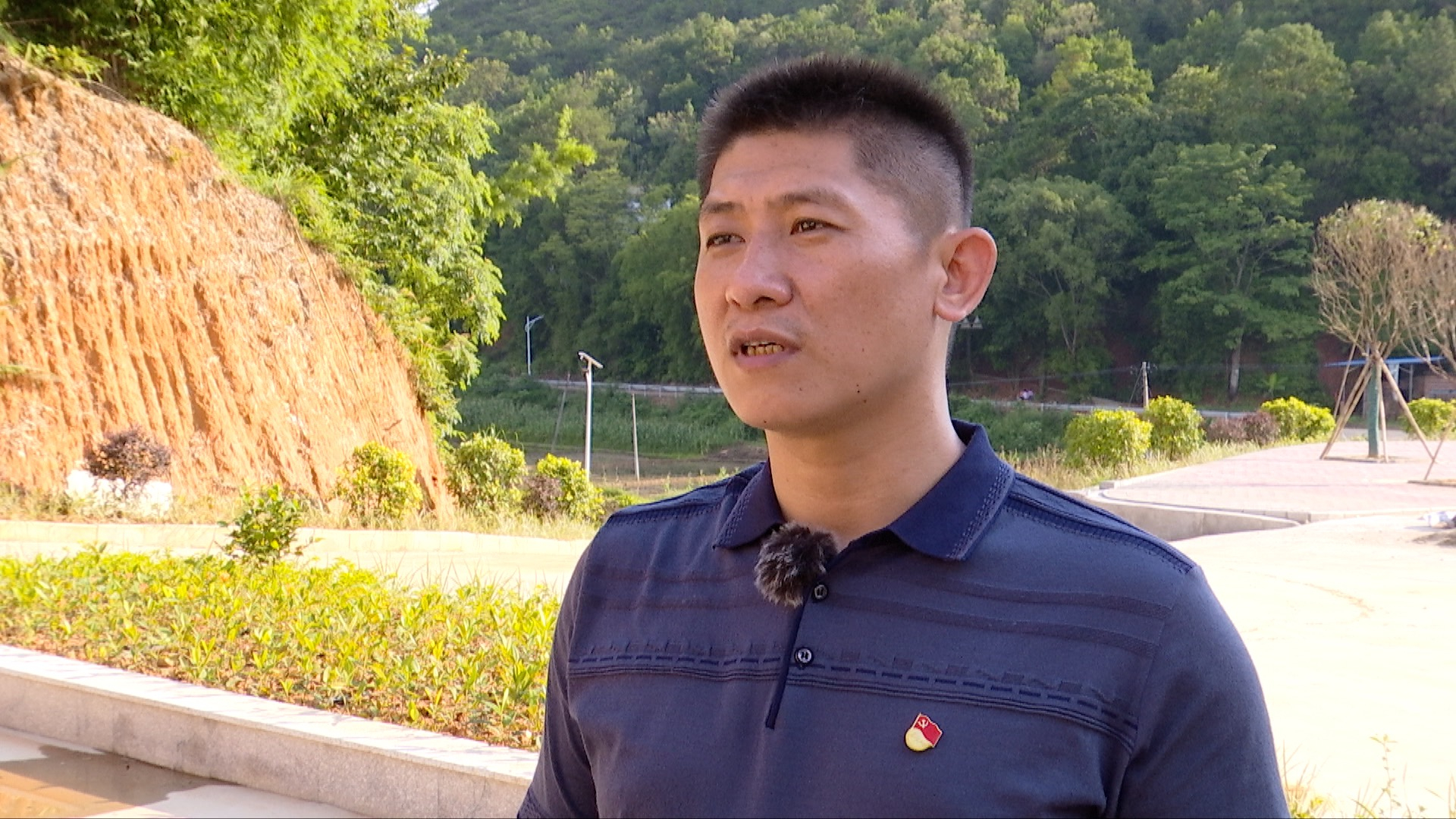

For Luo Feng, a bullfrog farmer from a small village on the outskirts of Guangdong Province's Heyuan City, getting on board with a social media platform was something he'd never imagined, nor was willing to welcome initially. For farmers and villagers alike, their daily labor and routines, seemingly, have no need for any social media platform.
"We didn't understand this 'WeCountry' app before, we also didn't have anything to say or communicate to other villagers," he said.
Yet after several years, the Tencent-founded micro-channel, or micro-village platform, WeCountry, has spread to all parts of China and is being used in thousands of villages by millions of users. And from the experience of Luo Feng, it looks like he's found value in connecting with his peers.
"Once introduced, we ended up using the platform to publish information and announcements concerning our village. Then we used the platform to help poor households post some of their crops and harvest up for sale. This has greatly improved the lives of many here in our village."

Chen Yuanyuan, project lead of WeCountry, said there was a communications void in villages that needs to be filled. /CGTN Photo
WeCountry was released in 2015 as part of tech giant Tencent's goal to contribute to China's ongoing poverty alleviation campaign. The platform is founded on the idea of "Internet+Rural" with aspirations to establish a model where villages and their inhabitants can connect in terms of emotion, information and wealth.
According to Chen Yuanyuan, the project lead at Tencent, connectivity and engagement were the two key factors in pushing WeCountry forward.
"Previously we visited villages and saw that children, left-behind children, and the elderly lacked love and companionship. We thought of teaching them to use smartphones to connect with their family members. But when we made chat groups, nobody spoke."
It was only after villages began to assess their living standards and minimum living allowances that both locals and officials realized that a medium for some sort of communication was needed. Tencent was ready to fill the void.

The map shows the villages in China that WeCountry has covered. /CGTN Photo
At one point, village heads in surrounding areas of Heyuan City met with locals, discussing the state of affairs and financing throughout the communities. It was suggested to publish these figures on a mobile platform in the hope that all people would discuss village affairs and that nobody would be left out.
After being posted to what was once a silent chat group, more than 500 messages poured in in less than half an hour, with 40 more locals opting to join the group. This boost was the next step forward for Tencent in developing WeCountry.
"We then developed our first version of the platform that had four main sections: a secretary mailbox, village committee diary, village financial disclosure, and another financial section," added Chen.
In under five years, the WeCountry population has blossomed. More than 2.4 million users were on the platform up to May, and more than 11,000 villages in 28 provinces and autonomous regions have established the platform in their communities.

Liu Youwei, first secretary of Zhutang Village, said the workload of the village committee has increased since people started actively using WeCountry. /CGTN Photo
Aside from it's more than 70 features and messaging board, the e-commerce function has proven to be of great benefit to farmers. Luo Feng said the function has enabled poor households to prosper and even gain a sense of entrepreneurship.
"At present, there are about 10 registered poor households here, home to more than 80 people. But funds worth 700,000 RMB have come in after we released information online on various projects and goods we had up for sale."
But what distinguishes WeCountry from other basic messaging forums, boards or even WeChat groups? Notwithstanding the already formed groups that were all too often silent, WeCountry also brings in local government committees, allowing for an open channel going both ways.
"In the past, villagers and the local governments were disconnected. Villagers knew of our existence but didn't know whom to go to when looking to solve a problem. Now villagers and committees are very closely linked. But to be honest, this has actually increased our workload. Now government officials directly face the villagers, so there's a lot to deal with," said Liu Youwei, the first secretary of Zhutang Village.
But for those behind WeCountry, the project hasn't reached completion, and it has no ceiling when it comes to further integrating this advanced technology in some of the most rural parts of the country.

Copyright © 2018 CGTN. Beijing ICP prepared NO.16065310-3
Copyright © 2018 CGTN. Beijing ICP prepared NO.16065310-3